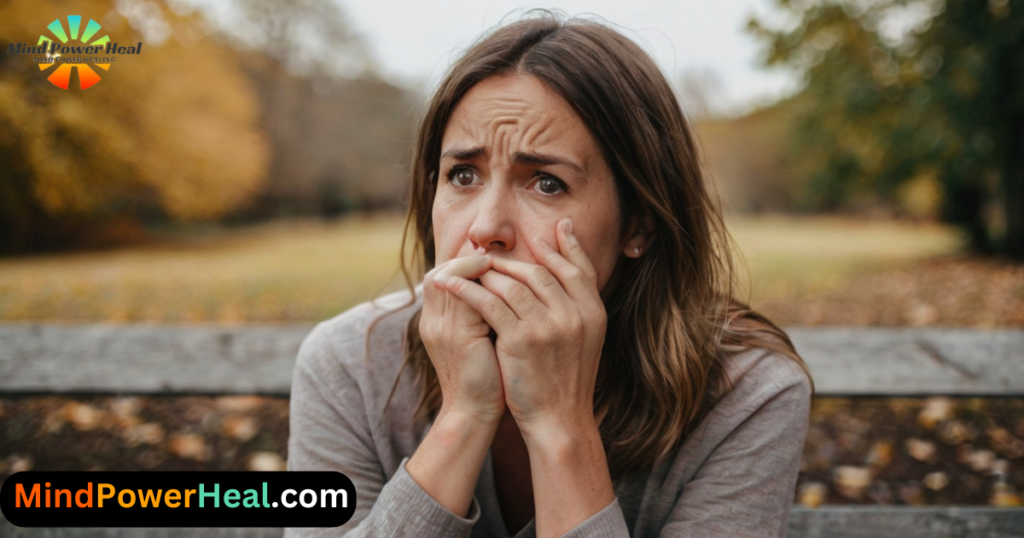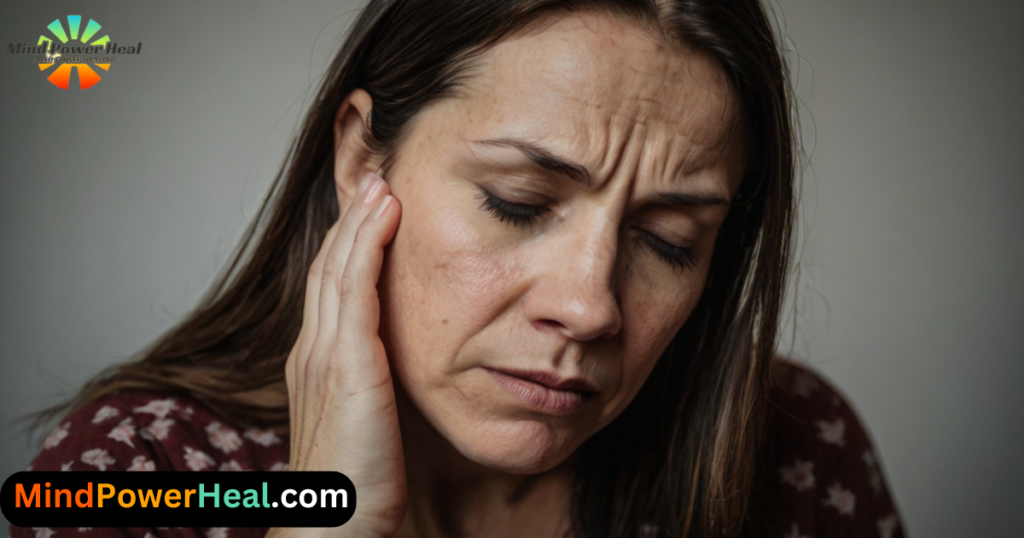Understanding why does anxiety cause physical symptoms is crucial for comprehending how mental health can impact physical well-being. Anxiety is not just a mental or emotional issue; it often manifests physically, affecting various bodily systems. By delving into the mechanisms behind these physical symptoms, we can better appreciate the profound connection between mind and body.
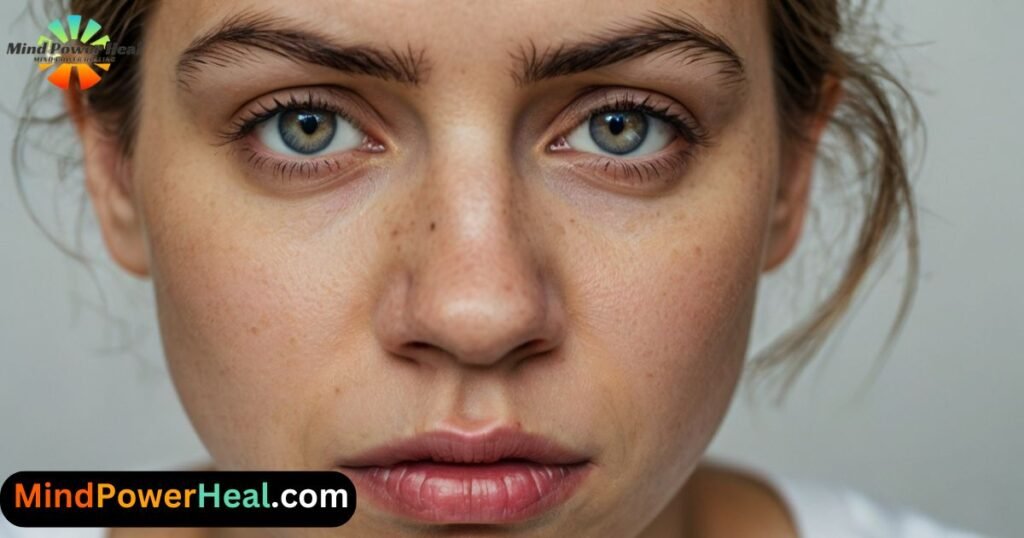
Why Does Anxiety Cause Physical Symptoms? The Fight or Flight Response! Activation of the Sympathetic Nervous System
- Adrenaline Surge:
- When anxiety strikes, the body’s fight-or-flight response is activated, releasing adrenaline. This hormone prepares the body to respond to perceived threats, causing physical changes.
- Heart Rate and Blood Pressure:
- Increased heart rate and elevated blood pressure ensure more blood is pumped to vital organs and muscles, preparing for quick action.
Respiratory Changes
- Rapid Breathing:
- Anxiety can lead to hyperventilation, a state of rapid breathing that increases oxygen supply but can cause dizziness and lightheadedness.
- Shortness of Breath:
- The feeling of not getting enough air is a common physical symptom of anxiety.
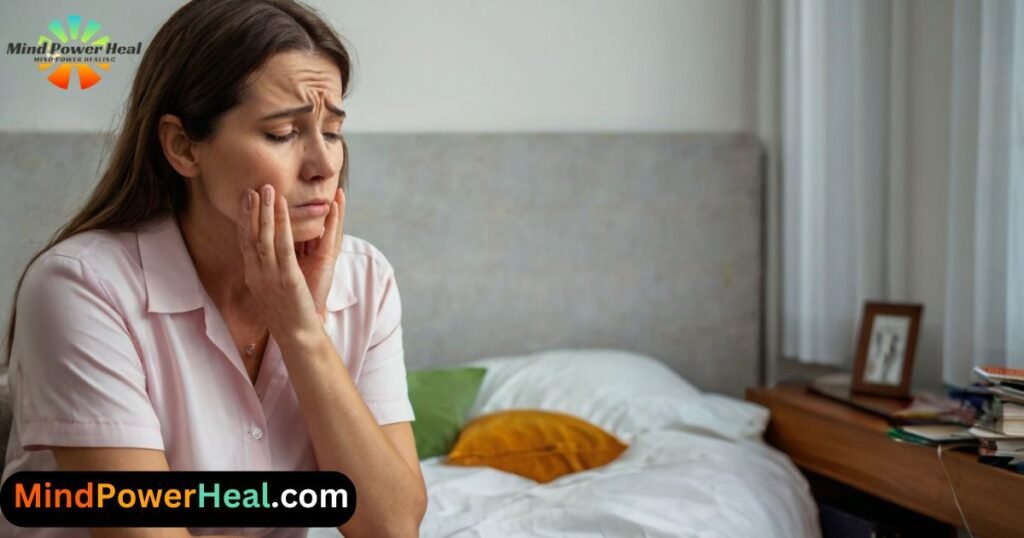
Impact on the Muscular System
Muscle Tension
- Chronic Tension:
- Anxiety often results in prolonged muscle tension, particularly in the neck, shoulders, and back, leading to aches and pains.
- Headaches:
- Tension headaches or migraines can be triggered by the constant tightening of muscles.
Gastrointestinal Effects
Digestive Disturbances
- Nausea and Upset Stomach:
- Anxiety can disrupt normal digestive processes, leading to symptoms like nausea, stomach pain, and bloating.
- Irritable Bowel Syndrome (IBS):
- Anxiety is linked to IBS, causing alternating episodes of diarrhea and constipation.
Cardiovascular Symptoms
Heart Palpitations
- Irregular Heartbeat:
- The sensation of a racing or irregular heartbeat is a common physical manifestation of anxiety.
- Chest Pain:
- Anxiety can cause chest tightness or pain, often mistaken for a heart-related issue.
The Role of Hormones
Cortisol Release
- Stress Hormone:
- Chronic anxiety leads to the continuous release of cortisol, the body’s primary stress hormone. Elevated cortisol levels can have various physical effects, including weight gain and fatigue.
- Immune System Suppression:
- High cortisol levels can suppress the immune system, making the body more susceptible to infections and illnesses.
The Role of Mind Power Healing
Mind power healing can provide a valuable approach to understanding why does anxiety cause physical symptoms. This method focuses on harnessing the power of the mind to alleviate physical manifestations of anxiety. Techniques such as visualization, positive affirmations, and mental imagery can help reduce the body’s stress response. By practicing mind power healing, individuals can learn to calm their minds, which in turn helps to mitigate the physical symptoms of anxiety.
Visualization exercises can create a mental image of relaxation and safety, helping to reduce muscle tension and lower heart rate. Positive affirmations can reframe negative thought patterns, reducing the release of stress hormones like cortisol. Integrating these techniques into daily life can promote a holistic approach to managing anxiety and its physical symptoms.
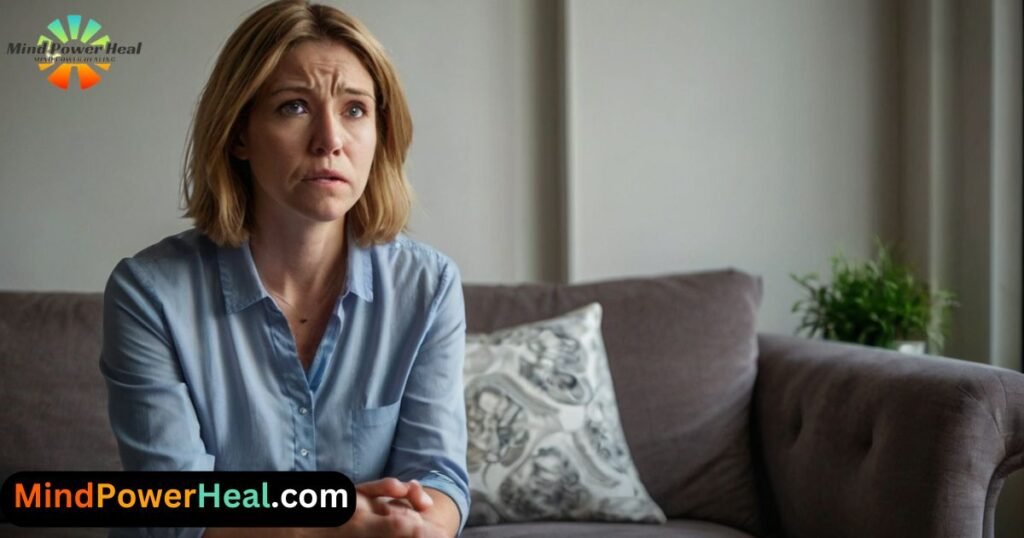
Google Suggested Questions and Answers
Why does anxiety cause physical symptoms?
Anxiety triggers the body’s fight-or-flight response, releasing stress hormones like adrenaline and cortisol. These hormones prepare the body for perceived threats, causing physical changes such as increased heart rate, muscle tension, and digestive disturbances.
How can I stop physical symptoms of anxiety?
To stop physical symptoms of anxiety, practice relaxation techniques like deep breathing, progressive muscle relaxation, and mindfulness meditation. Engaging in regular physical activity and maintaining a healthy lifestyle can also help manage symptoms. Mind power healing techniques can further support this process.
What are the physical symptoms of anxiety?
Physical symptoms of anxiety include heart palpitations, muscle tension, shortness of breath, nausea, digestive issues, dizziness, and headaches. These symptoms result from the body’s response to stress.
Can anxiety make you physically ill?
Yes, chronic anxiety can make you physically ill by weakening the immune system, causing gastrointestinal issues, and leading to chronic pain or fatigue. Managing anxiety effectively is crucial to prevent these physical health problems.
Conclusion
Understanding why does anxiety cause physical symptoms reveals the intricate connection between mental and physical health. The body’s fight-or-flight response, muscle tension, digestive disturbances, and hormonal changes all contribute to the physical manifestations of anxiety. Mind power healing offers valuable techniques to manage and reduce these symptoms, promoting a holistic approach to well-being. By integrating relaxation exercises, visualization, and positive affirmations into daily routines, individuals can better manage anxiety and its physical effects, leading to improved overall health.

